A Short History of Boxes

A box is a lidded wooden container distinguished from its larger cousin, a chest, primarily by its smaller size; the demarcation between a large box and a small chest often being a matter of opinion.
Boxes have undoubtedly been made as receptacles for every conceivable object; some of the more common uses have resulted in various distinguishable types, such as bible box, candle box, desk box, jewelry box, knife box, pipe box, and work box. Such names are largely self-explanatory and readily recognizable, such as the sloping-lid construction of a desk box which may be used as a writing surface. Some terms, such as “bible box” have come to be used as representative of boxes made in a particular style or in a particular period rather than necessarily to contain the eponymous object.
With regard to bible box, while many so-named boxes were undoubtedly used to house the family Bible, the term now implies a relatively flat, book-shaped boarded box (made with solid boards rather than framed-and-paneled), frequently carved with simple arcading, lunettes, and other geometric patterns, typical of the kind made in New England by the early Colonists.
Although often referred to as one of the more primitive forms of furniture, boxes may be seen as representative of the entire history of furniture, exemplifying changing styles, construction methods, and materials. Examples thus include relatively crude nailed boxes from the Age of Oak; copiously carved examples joined with dovetails or frame-and-panel joinery; boxes with applied moldings and turnings; later boxes from the 17th and 18th centuries, made of walnut and other woods, often inlaid with colored woods and other materials such as ivory, mother-of-pearl, or shagren; or boxes entirely veneered; and more contemporary boxes made for entirely modern objects such as scientific or medical instruments.
A casket, apart from a secondary (and uniquely American) use as an alternative term for a coffin, generally refers to a box or small chest made for particularly valuable contents, and is itself generally of superior construction.
Graham Blackburn is a furniture maker, author, and illustrator, and publisher of Blackburn Books (www.blackburnbooks.com) in Bearsville, N.Y.
Fine Woodworking Recommended Products
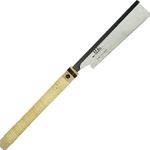
Suizan Japanese Pull Saw



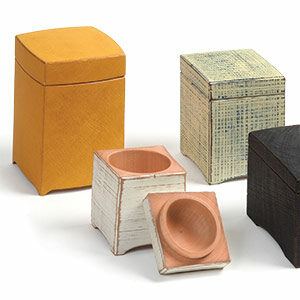
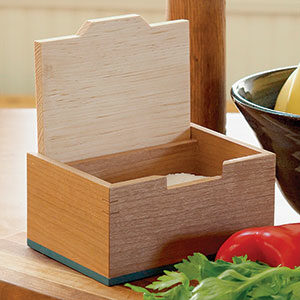
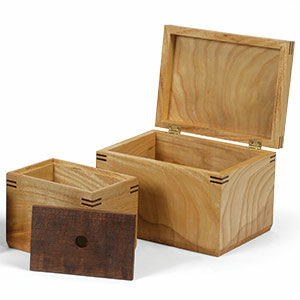



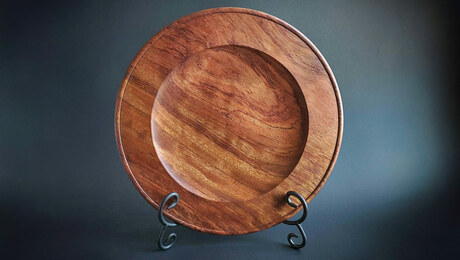


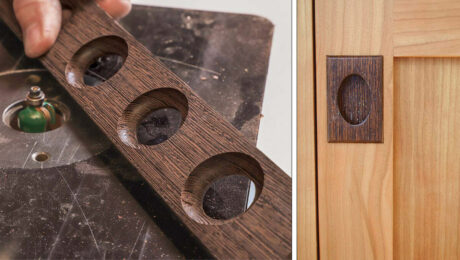








Log in or create an account to post a comment.
Sign up Log in